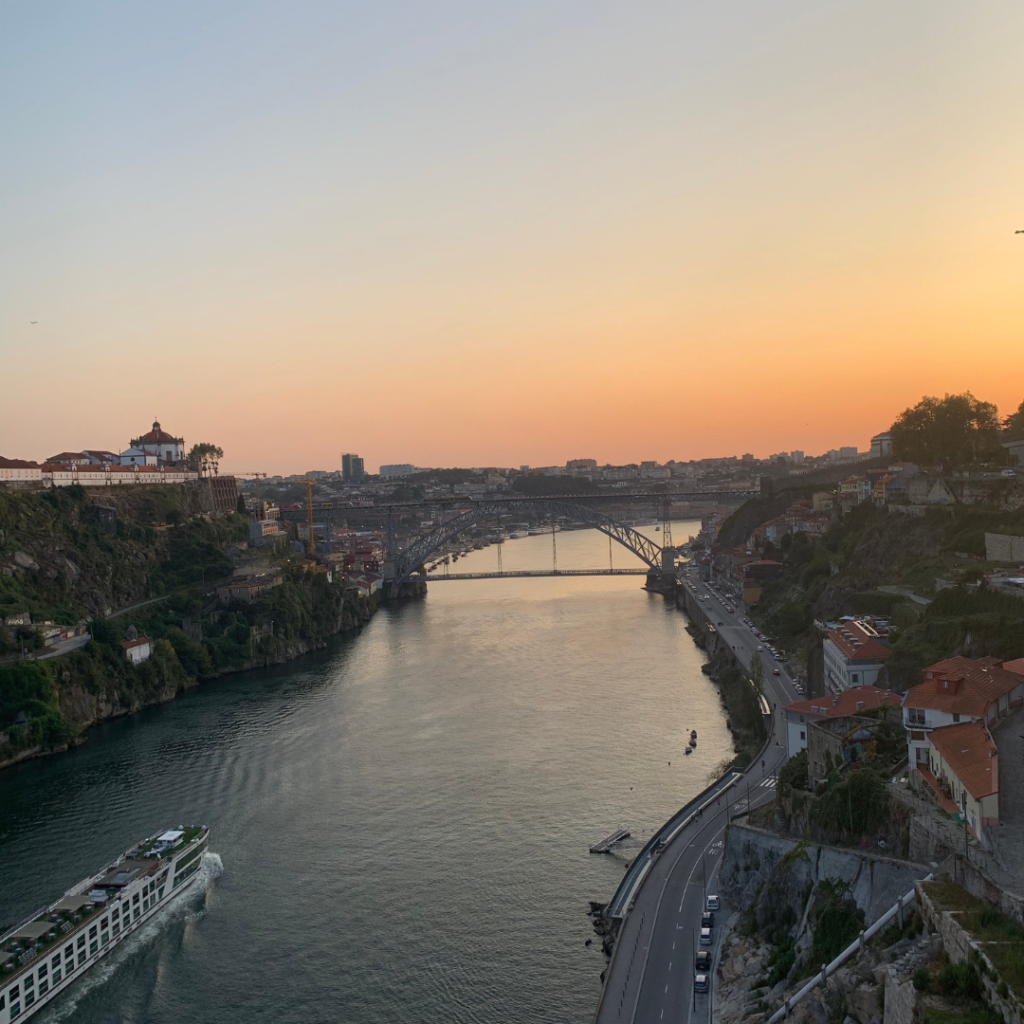
Portugal has decriminalized drugs. Not just cannabis–all drugs. I think this is such an enlightened approach to substance issues. Rather than telling drug users, “you’re bad, you’re a danger to society, go to jail,” they say, “you have a problem, let’s help you rehabilitate.” The criminalization approach, like we have in the US, is expensive, it ruins lives, it doesn’t really “work” to deter people from using or help drug users get clean, and it is a systemically racist policy that disproportionately impacts people of color. The real beneficiaries of our prohibition state are the wine and spirits industry, the pharmaceutical industry, and the prison-industrial complex.
One day in Portugal I saw 2 people in uniform responding to a seemingly high, slumped over homeless person. Were they cops busting him? Nope. They appeared to be social workers or case workers, and they were asking him questions and taking notes on a clipboard. They were trying to HELP. Can you imagine?! It’s sad to me that it was such a foreign concept–government officials trying to help a substance-abuser.
My brilliant sister Anne Gerson had the following insight: cannabis is not a gateway to other drugs, it’s a gateway to criminality. In a prohibition state, if you smoke weed, then you know a drug dealer. Once you know a drug dealer, you have access to cocaine, opiates, etc. Introduce a particularly bad life stressor (e.g., withdrawing from prescribed opiates after a dental procedure), and you have a recipe for a problem. With decriminalization, resources can be put toward helping people rehabilitate. Safer substances become available. Social customs emerge around safe use. And substance use is no longer a path to criminality. We have a long way to go, America, but I believe we can get there.